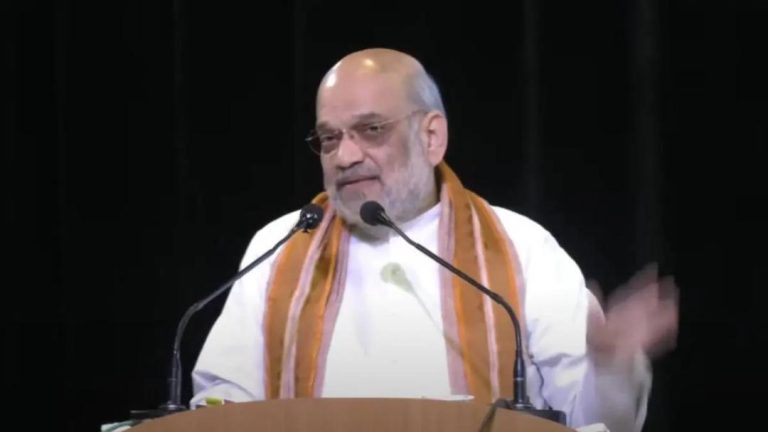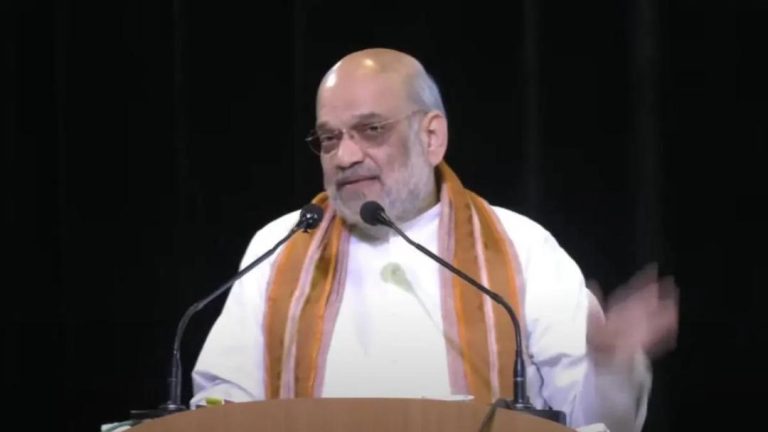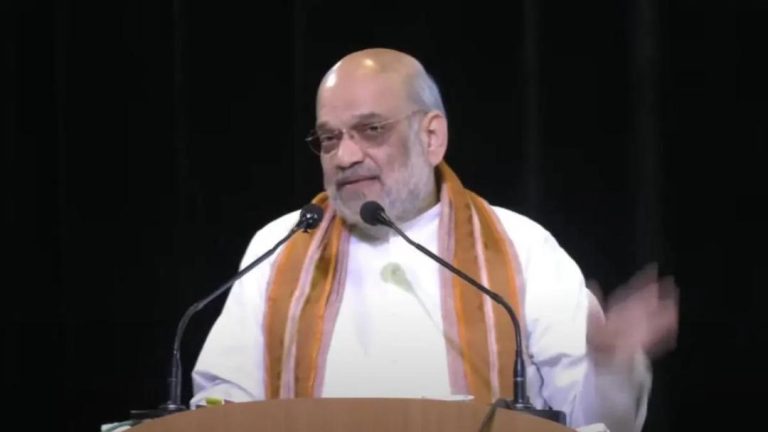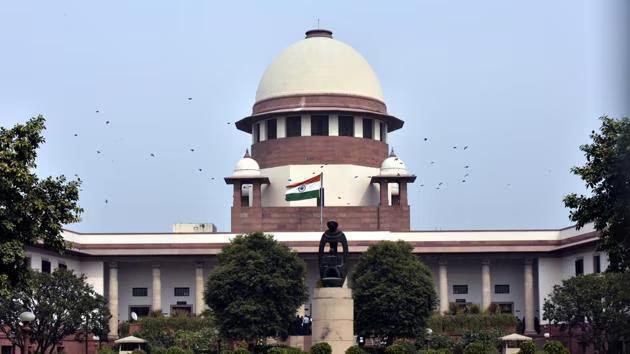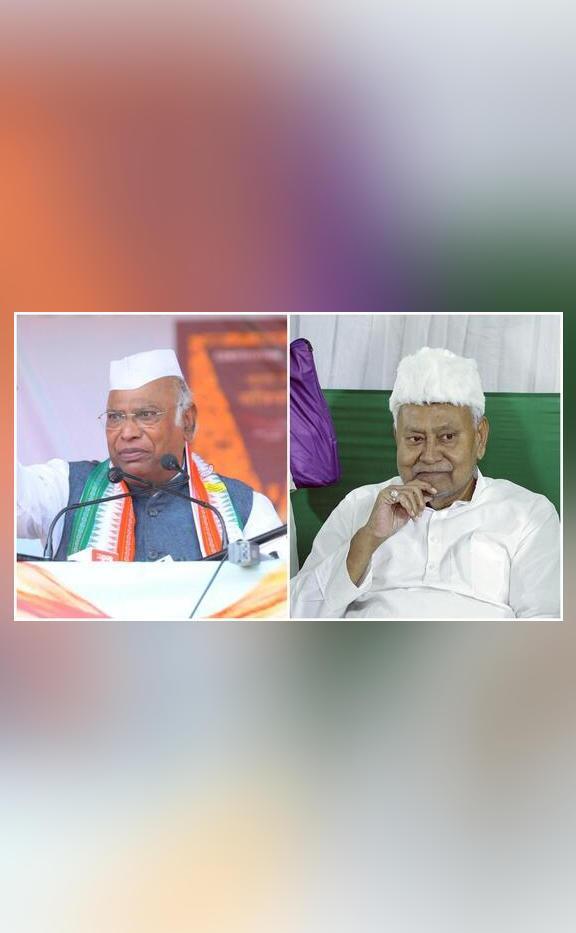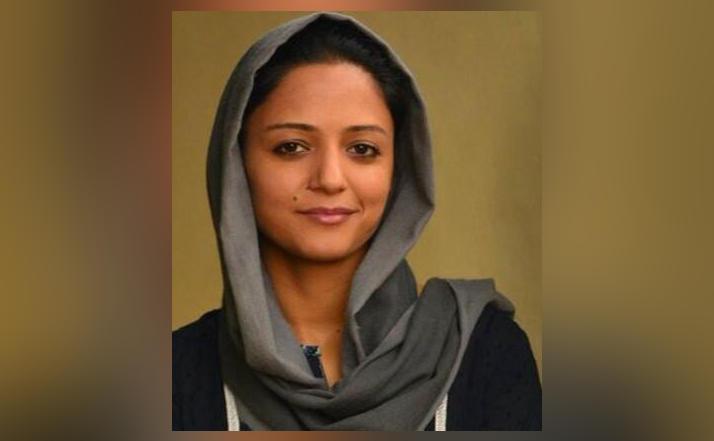
Delhi Police to withdraw sedition case against Shehla Rashid
In a significant development, a Delhi court has allowed the Delhi Police to withdraw a sedition case against former Jawaharlal Nehru University (JNU) student leader Shehla Rashid. The case was lodged against Rashid in 2019 for her controversial social media posts on the Indian Army.
Rashid, a prominent student leader, had sparked a controversy by accusing the Indian Army of purportedly entering the houses of locals in Jammu and Kashmir (J&K) after it was placed under lockdown following the revocation of Article 370 in August 2019.
The sedition case was lodged against Rashid under Section 124A of the Indian Penal Code (IPC) for allegedly spreading disaffection against the government. However, after a prolonged legal battle, the Delhi Police has now sought to withdraw the case, citing lack of evidence.
The Delhi court, in its order, has allowed the police to withdraw the sedition case against Rashid, citing the lack of evidence to prove the charges against her. The court has also noted that Rashid had already apologized for her social media posts and had expressed regret for any hurt caused to the Indian Army.
The development comes as a relief to Rashid, who had been facing harassment and intimidation from various quarters over her comments. The JNU student leader had faced severe backlash from BJP leaders and supporters, who had accused her of spreading misinformation and disrespecting the Indian Army.
However, Rashid had maintained that her comments were based on reports and videos that had surfaced on social media, showing the Indian Army entering residential areas in J&K. She had also pointed out that her comments were not intended to spread disaffection against the government, but rather to highlight the alleged human rights violations committed by the security forces in the valley.
The development is significant not just for Rashid, but also for the wider debate on freedom of speech and the limits of sedition laws in India. Sedition laws have been criticized by many for being overly broad and vulnerable to misuse, leading to the silencing of voices that dissent or criticize the government.
In recent years, there have been several cases of sedition charges being slapped against individuals for expressing dissenting opinions or criticizing government policies. The sedition laws have been criticized for being used as a tool to stifle free speech and dissent, and to silence voices that are critical of the government.
The Delhi Police’s decision to withdraw the sedition case against Rashid is a welcome development, as it recognizes that the charges against her were baseless and were intended to silence her. The decision also acknowledges that Rashid’s comments, although controversial, were not intended to spread disaffection against the government.
However, the development also highlights the need for a broader re-examination of sedition laws in India. The laws need to be reformed to ensure that they are not used as a tool to stifle dissent and free speech, but rather to protect the fundamental rights of citizens to express themselves and criticize the government.
In conclusion, the Delhi Police’s decision to withdraw the sedition case against Shehla Rashid is a significant development that recognizes the importance of protecting freedom of speech and dissent in India. The decision also highlights the need for a broader re-examination of sedition laws in India, to ensure that they are not used as a tool to stifle dissent and free speech.
